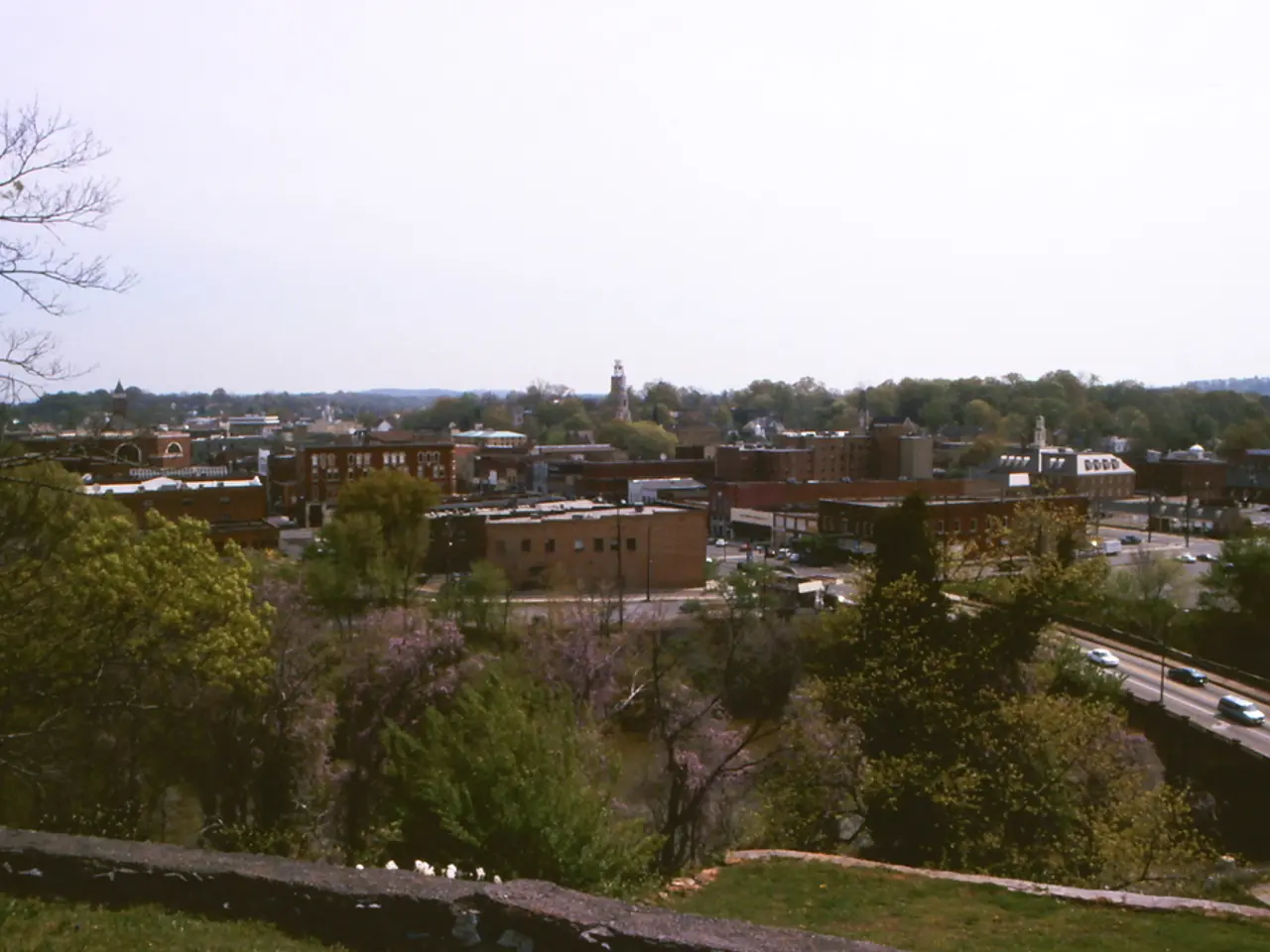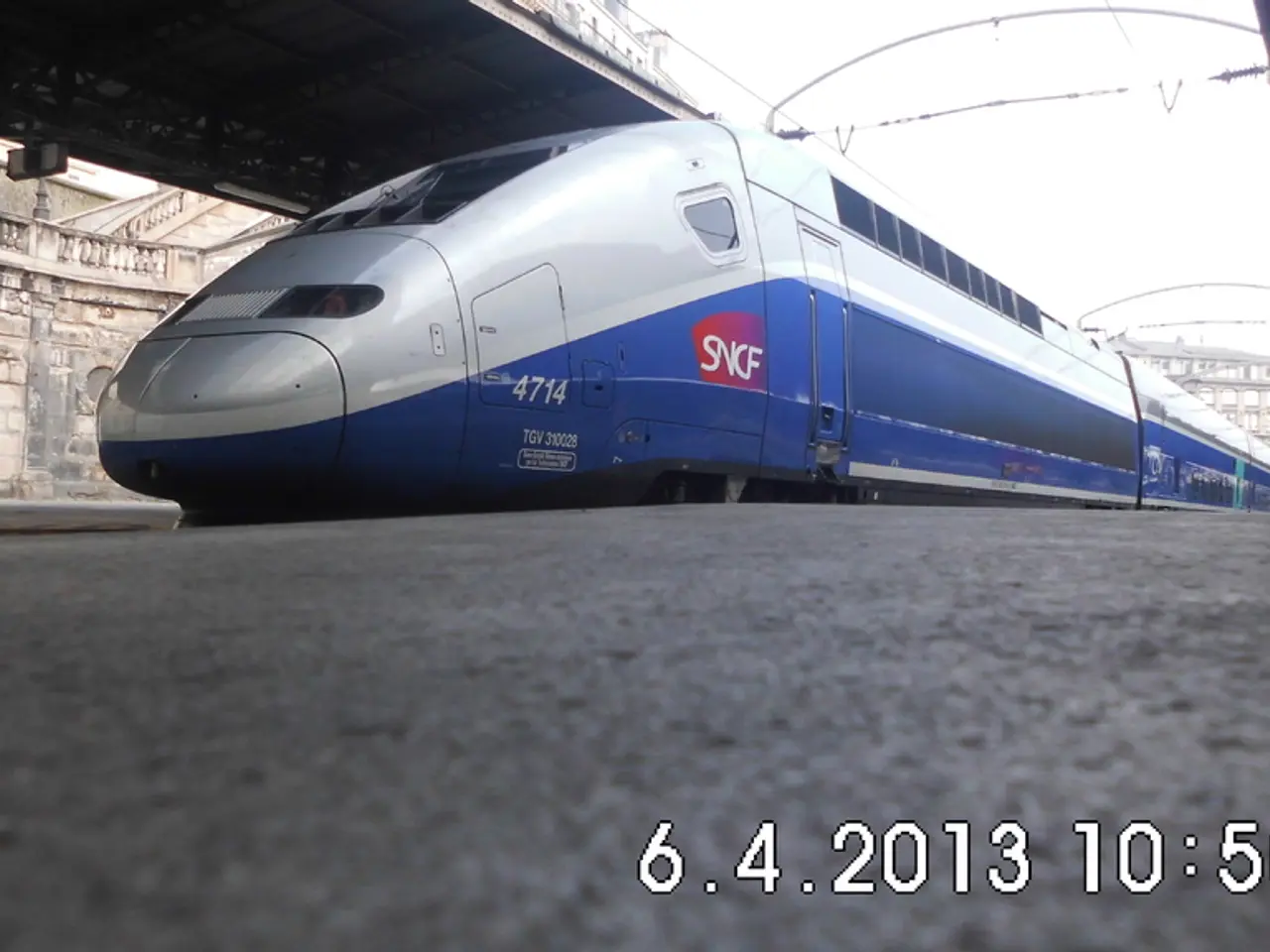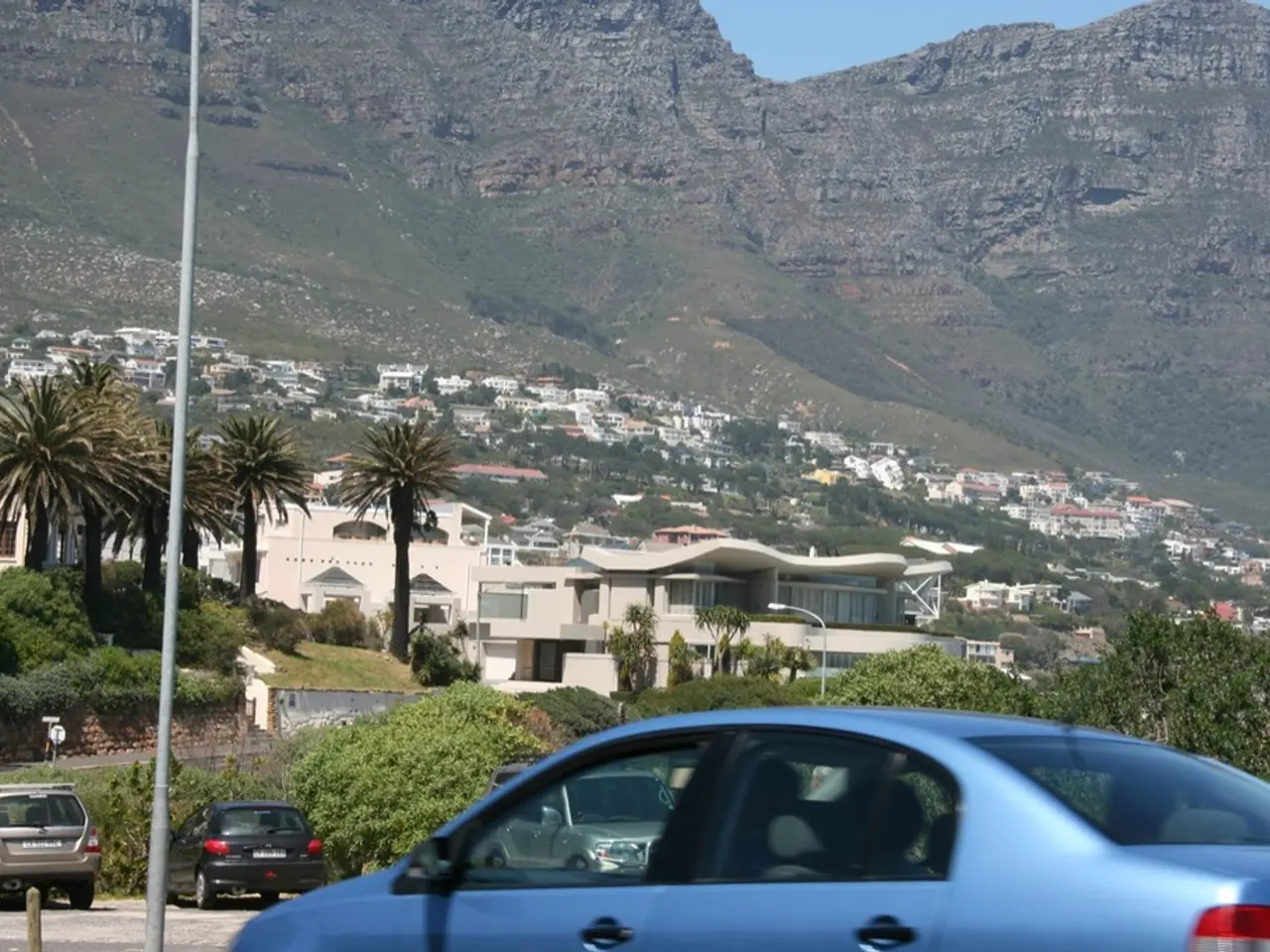Advancing endeavors in urban development for Stuttgart.
In the heart of Stuttgart, a significant urban development project is underway, with the A2-Area poised to become a key part of the new district Rosenstein. This redevelopment plan, which encompasses approximately 1,670 modern and affordable apartments, is a testament to Stuttgart's growing population and the city's commitment to meeting housing demand in a sustainable and green manner.
However, the project has sparked a citizens' initiative, leading to a referendum against the establishment of the building plan for the A2-Area. This active public involvement underscores the importance of community engagement in shaping Stuttgart's urban development strategy.
The initiative aims to preserve the areas free for rail traffic, despite no trains running there anymore. The referendum likely addresses concerns about the scale of construction, its impact on local green spaces, infrastructure, and quality of life.
The proposed development for the A2-Area is not confined to residential growth alone. The plan includes provisions for climate adaptation, the creation of new green recreational and sports areas, and the integration of cultural offerings and pioneering architecture. The Schlossgarten and Europaviertel are planned to grow together, with the aim of creating a sustainable model district that caters to diverse uses and attractive public spaces.
The Mayor of Stuttgart, Dr. Frank Nopper, supports the housing construction project in the A2-Area. He believes that if the referendum were to succeed, an inner-city brownfield without development prospects would threaten. If the referendum does succeed, the development of the A2-Area could be prevented, but the future of the project remains uncertain as the referendum results are yet to be announced.
The urban development on the A2-Area will take place on municipal property, with a high proportion of subsidized housing. The continued operation of the main station is not affected by the referendum. The district is expected to provide thousands of apartments, addressing the current housing shortage in Stuttgart.
For the most accurate and up-to-date information regarding the referendum results and finalized development plans, it is recommended to contact Stuttgart's urban planning department or review local government releases. The sources reviewed indicate that Stuttgart's urban renewal efforts prioritise balancing housing needs with sustainability and citizen participation.
- The citizens' initiative opposes the development of the A2-Area, hoping to preserve the area for potential finance opportunities in real-estate investing.
- Amidst the referendum, there are questions about whether the financial benefits of real-estate investing in Stuttgart might be undermined by bureaucratic hurdles, such as public opposition or increased involvement in urban planning.




